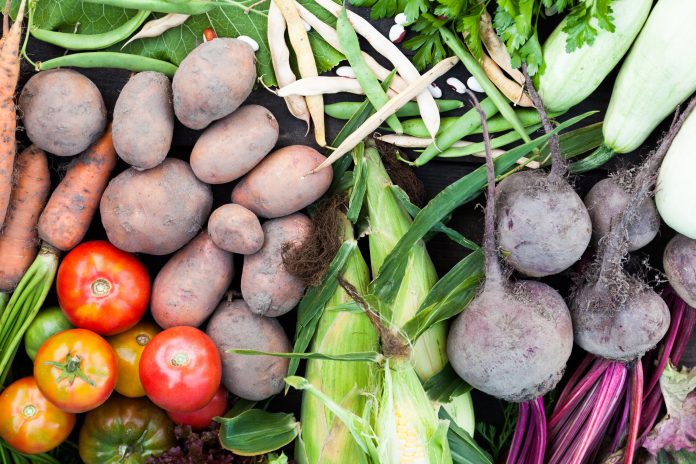With the demand for local produce constantly rising due to environmental, economic and quality reasons, Johnathan Bulmer, MD at Cleveland Containers, has urged for more pick up on container farming
He suggests that, with Brexit also looming and causing uncertainty as to where the weekly food shop will come from, container farming can produce many of our favourite fresh produce in the UK. The fully contained structures allow for year-round growth no matter the weather or available land.
Bulmer said: “Most of us are eating produce that has travelled thousands of miles from its source. One of the reasons why UK supermarkets sell fruit and vegetables which aren’t often produced in the country is that farmers face the challenge of providing seasonal produce all year round – which isn’t possible with changing weather conditions.
“But with container farming, farmers can actually control the climate, along with soil, quality, heat and even light exposure. The containers use technology to be retrofitted with heating and water systems, and gas and electrics can also be installed to offer a whole host of benefits for crops and farmers alike.”
This modern twist has helped farmers to produce goods all year round, avoiding common restrictions such as extreme weather, pests and seasonal struggles.
Bulmer estimates that container farms can produce up to 4,000 heads of lettuce every ten days, using no soil and 97% less water than a conventional farm.
“Crops are protected from nasty pests, eliminating the need for pesticides which can also cause health problems in those who consume them,” he continued.
One company, Freight Farms, has produced its ‘Leafy Green Machine’, which it claims to cut water demand by up to 98% using hydroponic container techniques, which could help to reduce demand on freshwater reserves.
Benefits of local produce
By cutting the distance that our food has to travel, greenhouse gas pollution from air freight is minimised, and the shorter distance means that it’s sold sooner after it’s grown and picked.
This benefits not only the taste due to it being fresher, but producers can also pick from a wider variety of fruit that has great flavour, but doesn’t usually travel well so isn’t sold.
He said: “There are a host of other benefits to container farming for local produce. It benefits the local economy, reduces the seasonality of foods, and also cuts down on plastic waste which is often multi-wrapped to protect it from travel.
“This boost in freshness can reduce food wastage and encourage more nutritional diets with simple, fresh ingredients. And you also don’t get the problem of land being in the wrong place or relocation restrictions, because container farms are so flexible. They can be easily stacked, which means farmers also won’t need to empty their pockets and pay for extra land to expand – you build up.
“We’re seeing a huge amount of farmers deciding to go down the container route in this country. The flexibility and option to mass produce fruit and vegetables within such a short space of time, along with savings on waste usage means they can save costs, but produce seasonal fruit and veg all year, without being limited by space,” Bulmer said.
“There is a billion-dollar consumer demand for local food – let’s work together to achieve it.”












It’s amazing that container farms use energy efficient LEDs, use less water, less soil, no pesticides, aren’t at the mercy of being seasonal and have the capacity of 2 acres of farmland within a confined space, moreso the container is portable and a reusable resource. This is the way of the future.